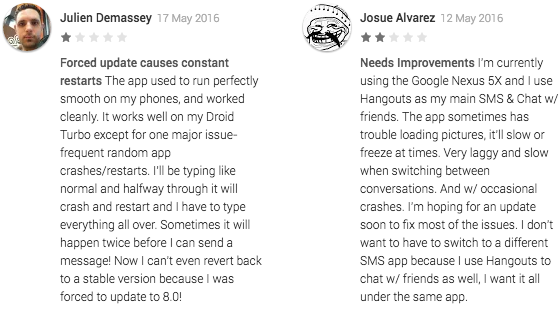Google’s handling of HTTPS and AMP is fascinating to watch. It seems that really smart people are worried about how this will all end up.
I find myself identifying strongly with this piece from Jeremy Keith:
I remember feeling very heartened to see WikiPedia, Google and others take a stand on January 18th, 2012. But I also remember feeling uneasy. In this particular case, companies were lobbying for a cause I agreed with. But what if they were lobbying for a cause I didn’t agree with? Large corporations using their power to influence politics seems like a very bad idea. Isn’t it still a bad idea, even if I happen to agree with the cause?
There’s an uncomfortable tension here. When do the ends justify the means? Isn’t the whole point of having principles that they hold true even in the direst circumstances? Why even claim that corporations shouldn’t influence politics if you’re going to make an exception for net neutrality? Why even claim that free speech is sacrosanct if you make an exception for nazi scum?
Those two examples are pretty extreme and I can easily justify the exceptions to myself. Net neutrality is too important. Stopping fascism is too important. But where do I draw the line? At what point does something become “too important?”
There are more subtle examples of corporations wielding their power. Google are constantly using their monopoly position in search and browser marketshare to exert influence over website-builders. In theory, that’s bad. But in practice, I find myself agreeing with specific instances. Prioritising mobile-friendly sites? Sounds good to me. Penalising intrusive ads? Again, that seems okey-dokey to me. But surely that’s not the point. So what if I happen to agree with the ends being pursued? The fact that a company the size and power of Google is using their monopoly for any influence is worrying, regardless of whether I agree with the specific instances.


